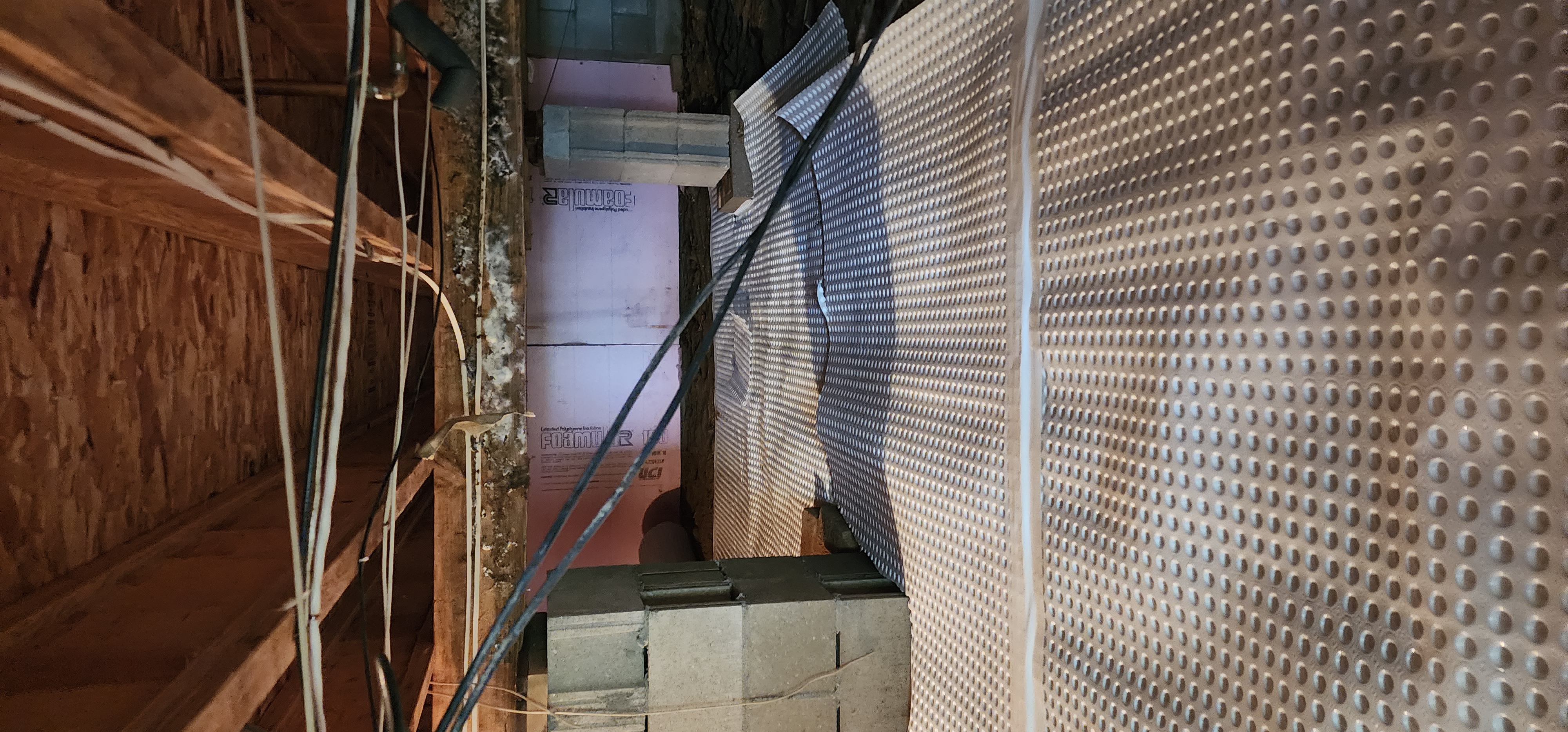Transforming Your Home's Foundation: The Importance of Crawlspace Encapsulation in Harrietta, Michigan
Posted on August 23, 2025

For homeowners in Harrietta, the foundation of a home is more than just its physical base; it's the cornerstone of safety, comfort, and health. However, one aspect often overlooked in maintaining this foundation is the crawlspace. Crawlspace encapsulation is a powerful solution to ensure the long-term health of your home.
Why Crawlspace Encapsulation?
Crawlspace encapsulation involves sealing the crawlspace with a heavy-duty moisture barrier to prevent moisture intrusion, mold growth, and pest infestation. For residents of the greater Harrietta area, this is not just an aesthetic issue but a major concern for structural integrity.
Michigan's climate—with its humid summers and frigid winters—can exacerbate moisture issues. If your crawlspace is untreated, it could lead to poor air quality, weakened structures, and increased utility bills. By encapsulating, you create a buffer between your home and the elements. The process involves sealing off vents, laying down a vapor barrier, and often adding a dehumidifier to maintain optimal humidity levels.
Our team is always ready to help residents of Harrietta assess their crawlspaces and recommend the best course of action. We understand the unique challenges faced by homes in this region and are dedicated to providing the best solutions possible.
When considering crawlspace encapsulation, trust in our professional services in Harrietta. We hold a commitment to both quality and efficiency, ensuring your home's foundation is secure. This can also lead to an increase in property value, making it a wise investment for the future.
Don't wait for issues to arise. Start your encapsulation journey today and experience peace of mind knowing that your Harrietta home is protected from the ground up.
